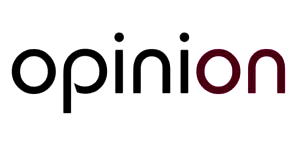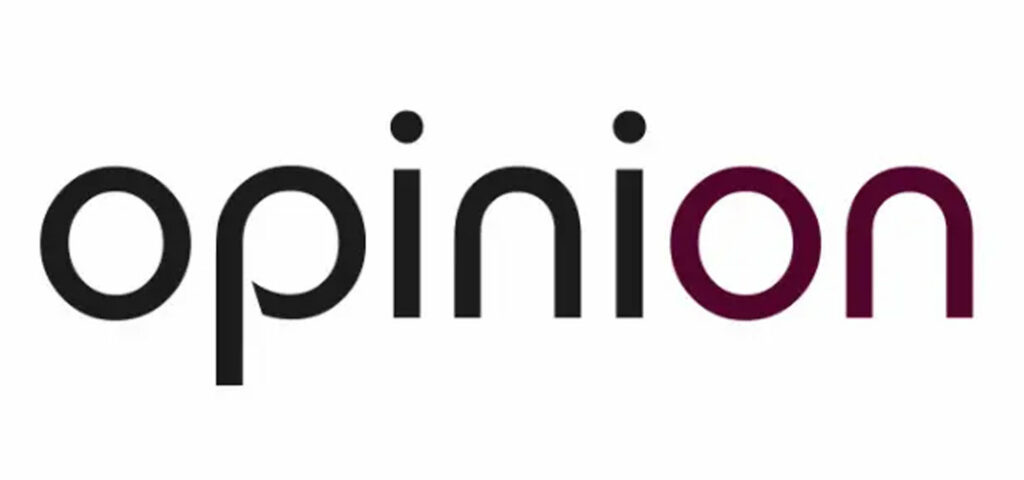

By Ayodele Okunfolami
INCLUDED in the Electoral Reform Bill 2021 passed by the Senate on Tuesday, is the approval that political parties in Nigeria should adopt direct primaries to choose candidates for all elective positions and that they should be monitored by the Independent National Electoral Commission.
For simple definitions, a direct primary is one whereby members of a political party choose their party’s candidates while an indirect primary is one whereby party members elect delegates from among themselves who in turn decide the party’s flagbearers for upcomingelections.
With the atmosphere already warming up for the 2023 general elections, some have applauded the move while others see it as an infringement on the independence and internal democratic workings of individual political parties.
The two major political parties, the All Progressives Congress, APC, and the Peoples Democratic Party, PDP, went poles apart with the mode of primaries used in the election of their candidates for 2019.
While the ruling APC went for the US-style direct primaries, the PDP fine-tuned the familiar indirect primaries. Now, no method is better than the other and any method can be skewed to subvert the will of the people.
For instance, those that argue that direct primaries give every party member a say and reveals the true will of the people on the choice of candidates waters the representative republic we imbibed from the developed democracies. Saying that a handful of delegates are insufficient to express the true will of all or may incorrectly express it makes our parliament unnecessary.
Whenever we exercise our franchise, what we are actually doing is voting for persons within our constituencies to speak for us. We all can’t go to Abuja to agree on every national issue or every national issue brought to our doorsteps before a deal is made. That would be anarchical.
It is such delegatory assignment that landlord associations or town meetings are all about where representatives of every home, most often the fathers, come together to make decisions for every member of the society. So also, are delegates elected by party members from the political wards. There is nothing less democratic about indirect primaries.
What is undemocratic about indirect primaries is the dubious manner some delegates are chosen. For example, making political appointees, who may not even be politicians and their numbers undefined, of a sitting executive automatic delegates tilts the numbers unduly to the advantage of the governor or president’s political interest.
Besides dissimilar delegates’ lists flying during party conventions, congresses and primaries, another thing that blurs the lines in the indirect primary option is the perceived ease to bribe the delegates considering it would cost contestants a lot more to bribe the numerous party members if they were to go direct.
This monetary inducement claim fails when one considers that today’s politics is marred by vote buying. So, if the challenging parties are ready to persuade a larger percentage of the electorate with money, how easier would bribing the much fewer party adherents? In fact, it is a case of either one ship sinks with a large hole while another sinks with several small holes.
Both will sink at the same rate. The large hole standing for the huge cache of cash allegedly shared during indirect primaries to bigger party shots and the numerous small holes stand for the little thousands of naira to the numerous starved foot soldiers in the grassroots. Both the direct and indirect primary options are even binned with political parties now opting for “consensus” candidates. I wonder how democratic that is?
ALSO READ: 2023 Elections: Zoning can destroy PDP, but… — Jibrin, BoT Chair
The 1991 Lagos gubernatorial race of the punctured Third Republic and the 2016 United States presidential elections showed that party supporters have a way of expressing their displeasure when power brokers present candidates against their will.
Members of the then Social Democratic Party in Lagos expressed their disgruntlement by withdrawing their support for the party when the Dapo Sarunmi-Femi Agbalajobi pre-election feud couldn’t be resolved amicably, resulting in the unlikely win of the National Republican Convention nominee, Michael Otedola.
While across the Atlantic, we saw supporters of Bernie Sanders opting for opposition candidate, Donald Trump, to communicate their dissatisfaction with the way then President Barack Obama and the Democratic Party hierarchy compelled him to step down for Hilary Clinton despite still in good position to clinch the party ticket. These instances tell us the will of the people has a way of smoking itself out, directly or indirectly.
The direct primary option is made lame when grassroots party members await signals from their leader on who to vote for which they loyally abide to. So why waste time and resources gathering everybody together when they are practically echoing the voice of one man?
Even the aspirants confirm this when they visit one party godfather to another without engaging the party members directly when they are vying for the positions or when aggrieved by their loss.
Like delegates’ lists that cause controversies during indirect primaries, direct primaries which involve the participation of every party member, the party register is the main tool for the primaries.
In a clime like ours that witnesses frequent cross carpeting from one political party to another, the big shots that lead these defections usually move with hundreds of their loyal supporters into their new political group. This means the party registers of members are altered to either delete departing members or admit new members.
These compromises on the party registers, especially when those political moves take place on the eve of primaries, often unfairly sway the ballot in favour of an aspirant. My penny worth advice on this point is that political parties adopt the INEC-style of suspending the registration of potential voters and presenting a clean and agreeable register of authentic members long before the primaries or congresses.
Another thing that has been over looked is the way most direct primaries hold. Option A4, where electors queue behind their preferred aspirant, might have worked in June 12, 1993 when Chief MKO Abiola was the uncontestable favourite.
Today’s party member doesn’t want to be seen as being disloyal to his principal and so for fear, votes against his will to be seen to align with his leader. Or is it the act of paying all his expenses by conveying him from his political ward to congregate with others in a central place in the state where his convictions had thawed miles ago? For direct primaries to be indeed direct, primaries should be held in the smallest political unit possible outside the charm offensive of political hawks.
Finally, the one-man-one-vote of direct primaries giving every vote the same electoral weight is a subtle form of injustice. That’s like giving every shareholder the same electoral pound irrespective of the volume of shares held by an individual.
Even in America, there are super delegates. Placing members that contribute hugely to the party, especially financially, on the same scale with those that never pay party dues or surface only during elections, will definitely displease those financiers when they lose.
The post Politics of direct and indirect primaries appeared first on Vanguard News.
0 Commentaires